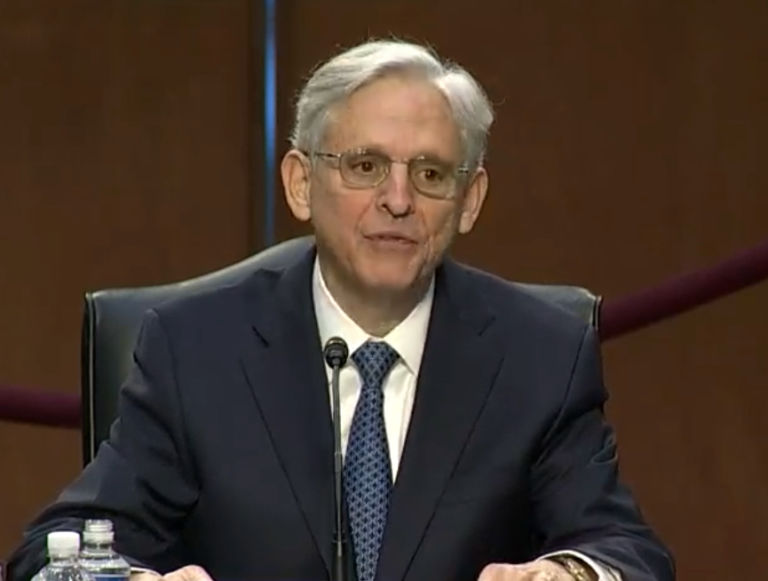Rich Lowry of National Review Online assesses Republican presidential candidates’ recent performance in Iowa.
I listened to almost all of the Lincoln Dinner speeches from Friday.
One thing that struck me was the amount of policy consensus there was. You could have put almost all the policy issues in a blender (debt, low taxes, China, Bidenomics, the border, U.S. weakness abroad, abortion, men competing in women’s sports, weaponized law enforcement), mixed them up, then evenly distributed them among all the candidates, and the policy mix in the speeches would have largely stayed the same.
Also, I liked pretty much all the speeches, so I’m going to grade like a college professor who’s too eager to get good reviews from his students.
Trump: A- (or D, depending on your standard)
A “D” would be appropriate if you minded the rank pandering, the ridiculous account of the trade war with China and how it supposedly benefited U.S. farmers, election denialism, and the reading of poll results. That, though, would make you different from most Republican voters. …
… As always, he filled the stage. He felt a little like the incumbent president who’d done everyone the favor of showing up at a small-time event.
DeSantis: B+
He was energetic and spoke with conviction. He also showed signs of widening out his message. He talked more about economics and put that up front in his remarks. That’s all to the good. His core argument that Republicans need to get it done in 2024 and he’s the one to do it is cogent and remains plausible. …
…Tim Scott: B+
The senator understands the power of story-telling, and has a lot of good ones to tell. He’s still in the introducing-himself-to-people stage and has done a good job of it, this speech included. But what makes his message distinctive, besides the cheerfulness?


